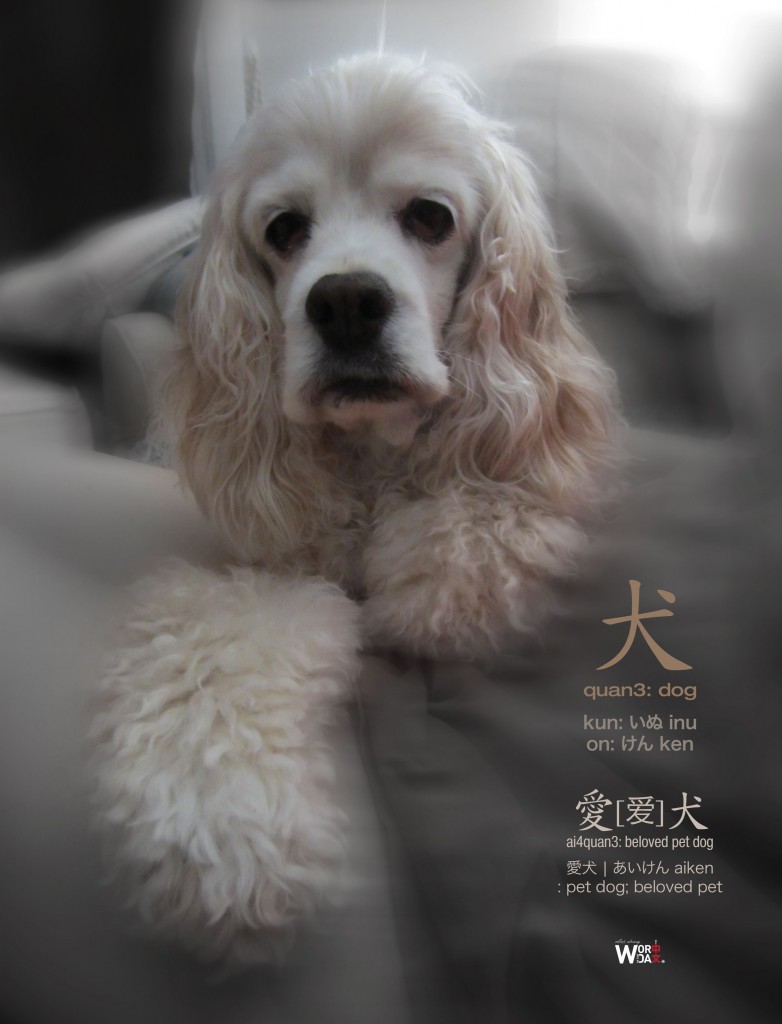留 líu
verb
: to keep; to stay; to ask someone to stay
: to leave behind
Kun Reading
留め | とめ tome
noun | suffix
: (a) stop (e.g. in a timber joint, or at the end of a kanji stroke)
: remaining (e.g. poste-restante)
: forty-five degree angle
留め | とどめ todome
noun
: finishing blow; clincher
留る OR 留まる OR 止まる | とまる tomaru
godan verb with ru ending | intransitive verb
: to stop (moving); to come to a stop
: to stop (doing, working, being supplied); to come to a halt; to cease; to be stopped; to be suspended
: to alight; to perch on
留り OR 留まり | どまり domari
noun | suffix
: stopping at; going no further than
留める OR 止める | とめる tomeru
ichidan verb | transitive verb
: to stop (something or someone); to turn off
: to concentrate on; to pay attention to
: to remember; to bear in mind
: to fix into place
: to park; to leave somewhere for a time
留める | とどめる todomeru
ichidan verb | transitive verb
: to stop; to stay (e.g. the night); to cease; to put an end to
: to contain; to keep (in position, in place); to limit
: to record (e.g. a fact); to retain
留まる OR 止まる | とどまる todomaru
godan verb with ru ending | intransitive verb
: to remain; to abide; to stay (in the one place)
: to be limited to; to be confined to
Read More


